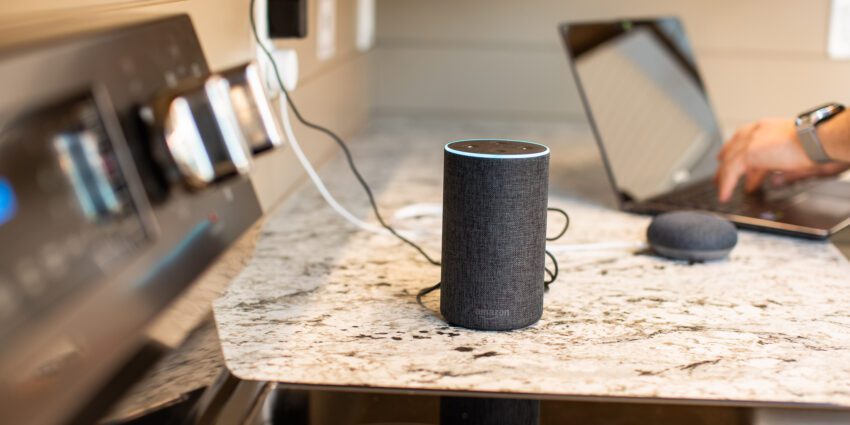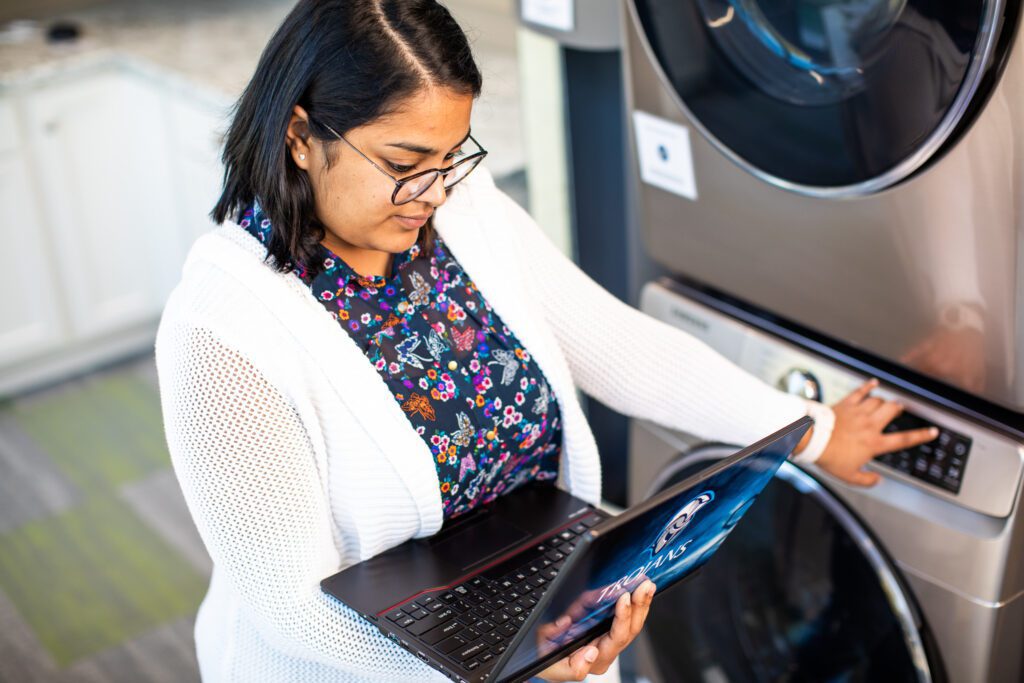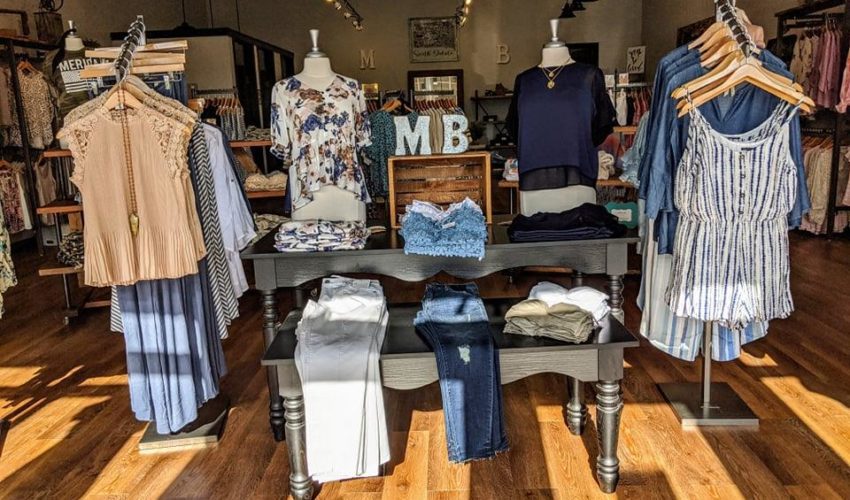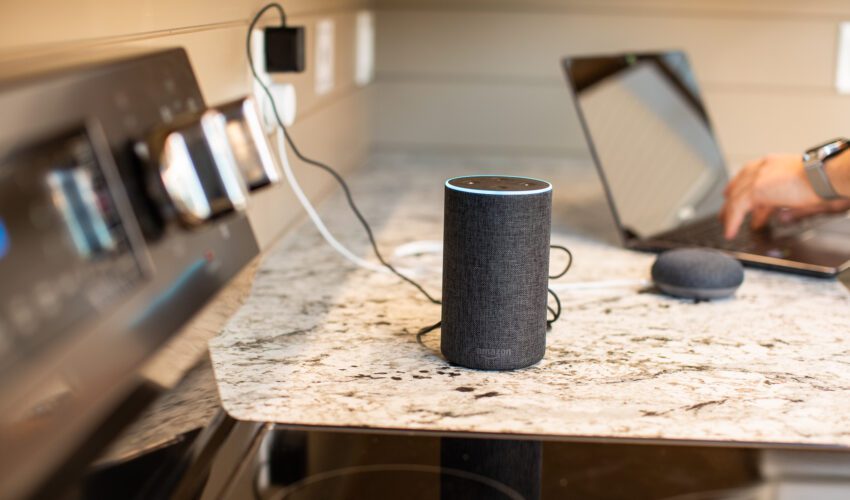Staying safe in a digital world
Aug. 11, 2021
This paid piece is sponsored by Dakota State University.
The digital world is full of innovation with valuable results; however, as people’s lives become more intertwined with the internet, the importance of cybersecurity grows.
Dr. Dick Hanson, interim provost/vice president for academic affairs at Dakota State University, offers a course with the Osher Lifelong Learning Institute on cybersecurity and the internet. It focuses on digital security, staying safe and protecting personal information.
While the course is directed toward older adults, the information provided is beneficial for individuals, businesses and organizations as well.
“Digital connectivity has changed the way you order groceries, attend school and the way you pay your bills,” Hanson said. “Soon, it will cover virtually all aspects of our lives.”
As more Internet of Things devices, which are connected to the internet, are embedded in everyday objects such as smartwatches and developed for smart homes, the more dependent society will be on IoT.
IoT offers connectivity, improved monitoring, convenience and wellness tracking, but it doesn’t come without its dangers.
“While the digital environment is bringing us all kinds of benefits and wonderful things, it has introduced a new kind of corruption,” he said.
This can be seen through fraud, phishing, cyberattacks and even the grandparent phone call scam.
“The goal may not be money so much as chaos,” he explained. “Some people do it to make money, some people do it just to be mean, some people do it to manipulate others.”
Cybercriminals can use a variety of tools: ransomware, which is the use of malicious software to take control of a person or company’s data or device; Trojan horses, a type of malware that often is disguised as legitimate software; and rootkits, software tools that allow an unauthorized person access to a computer system or software without being detected.
Those tools are used regularly across the globe and negatively impact individuals, businesses, organizations and governments alike.
Hanson teaches attendees to be aware of potentially dangerous activities they are doing online like shopping from shady websites, being too social by sharing too much personal information, not reading the fine print and “jailbreaking” on mobile devices, which is removing all security features.
Individuals can increase the security of their data by making sure their homes and workplaces are safe. There are several ways to help keep information secure that Hanson recommends to all users of the internet:
- Passwords should be at least 20 characters long, and password security questions should be made up.
- Use private browsing and two-factor authentication on devices when available.
- Block third-party cookies on all web browsers in use.
- Always use a secure wireless connection – never use public Wi-Fi.
Beyond individuals working to make their online lives safe, Hanson notes the importance of coming together to face these challenges. The nation’s critical infrastructure is just one area in danger of being disrupted by cybercriminals.
An example is the cybercriminal who in February altered the chemical balance of water at a water treatment plant in a Florida town. The person “increased the sodium hydroxide from 100 parts per million to 11,000 parts per million, which would be fatal if people drank it,” Hanson said. An operator noticed that the level was being changed and immediately reduced it back to normal, even before other safeguards in the system would have detected the problem.
Situations like these are why Hanson hopes to educate others about ways to prevent such attacks. “It’s not just about losing money in your checking account; you could be losing your life.”
Awareness is key, he said. Hanson advocates for additional training in businesses and organizations, increased information sharing, the creation of public policies and the education of cybersecurity experts to fill growing job openings.
To learn more about DSU’s cybersecurity programs visit Dakota State’s website.











